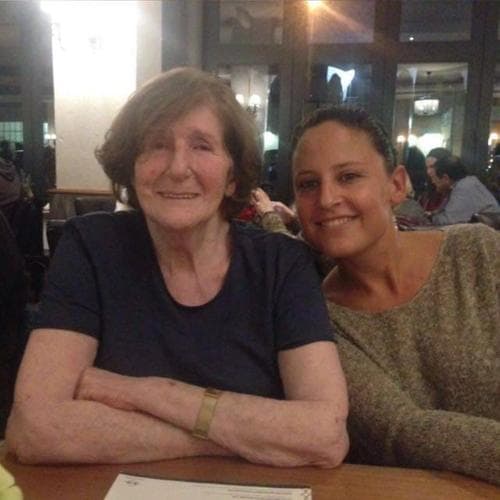About Kaddish Services
Our tradition teaches that following death the soul ascends and is judged according to its deeds while alive in the physical realm. Everything accomplished by the soul, both positive and negative, is carefully considered. One of the greatest legacies one can leave behind is a family that has been inspired to serve G‑d, even during times of distress.
When in the midst of this judgment the hallowed words of Kaddish ascend, uttered by those who grieve most intensely, this serves as a great merit for the soul. It is for this same reason that many undertake to do mitzvot in honor and memory of those who have passed away. They are seeking to prove that the departed is truly a worthy soul deserving of a lichtig Gan Eden, a "luminous Paradise."
Frequently Asked Questions
Can Kaddish be recited anywhere?
The Kaddish is to be recited only in the presence of a duly-constituted quorum which consists of 10 males (including mourners) above the age of Bar Mitzvah.
For Whom Kaddish Is Said
Kaddish is said for the deceased father or mother, regardless of how intimate or strained the relationship between deceased and bereaved. (11 months). For other close relatives: brother, sister, son, daughter, and wife, for the 30-day period.
Is the Kaddish Obligation Transferrable?
Clearly, in our day it would depend on which of the relatives feels closest to the deceased, or finds it easier to accomplish the task of reciting Kaddish, or feels religiously more impelled to do so. Indeed, a friend may wish to say it out of love or loyalty. In fact, a sharing of the responsibility may be more effective. Whoever does undertake to say the Kaddish, however, should be one who is himself orphaned from one of his parents, or he should obtain his parents' express consent.
If you have any questions please send us an email.
TalChaimKaddish@gmail.comRequest Kaddish Services
Have Kaddish recited in memory of your loved one!
Kaddish transforms your sense of loss and helplessness into ongoing connection and meaning. At the same time, it adds purpose and substance to the memory of the deceased. Jewish belief also maintains that the deceased is comforted with the knowledge that others are carrying on the eternal flame of Jewish tradition. When Kaddish is said for your loved one, you are connecting – to G-d, to yourself, and to the deceased.
It is a privilege and honour to be able to assist with this vital mitzvah. There is therefore no obligation or expectation regarding remuneration for these services. It is however the Jewish belief that when a non-family member is saying Kaddish for the neshomah (soul) of the deceased, the elevation of the neshomah is said to be maximized when there is a 'connection' between the one saying Kaddish and the deceased. The Rabbis point out that a token donation is sufficient to create this connection.
We have provided a link below should you choose to make a donation with this in mind.
In loving memory of Vital Lindsay-Bowman & Talya Solomon
